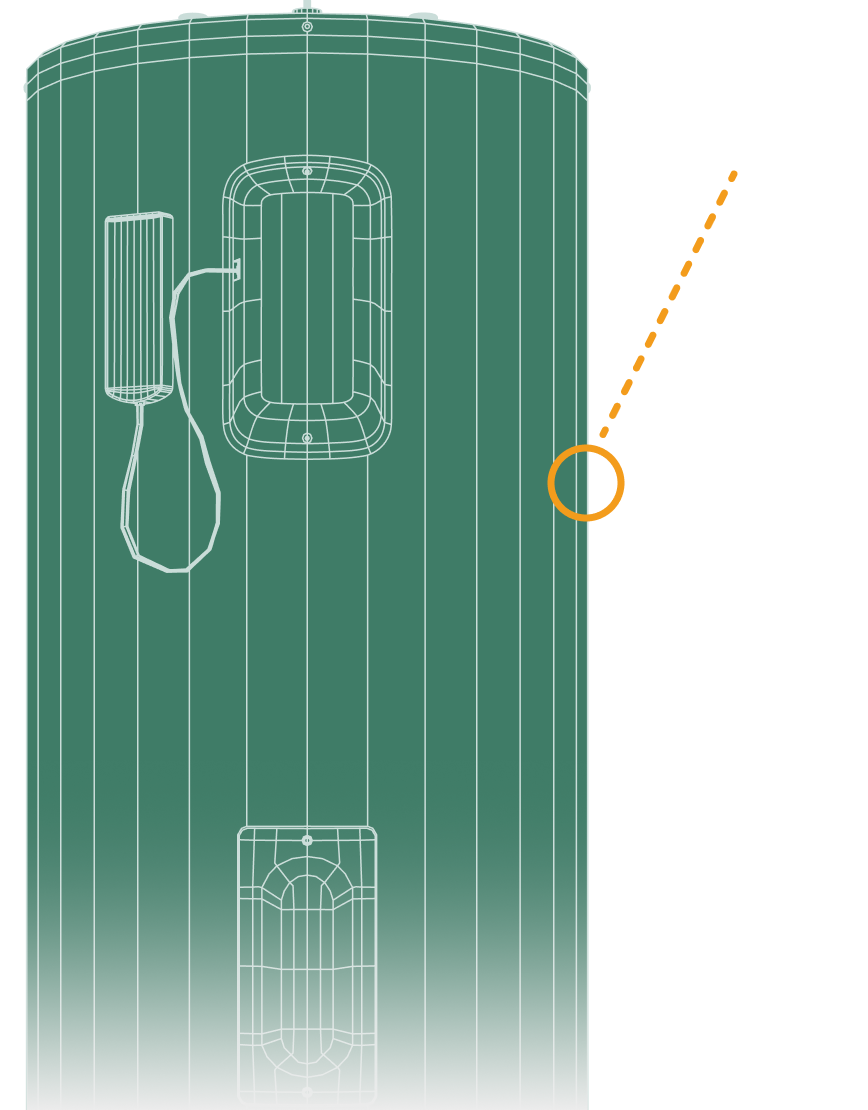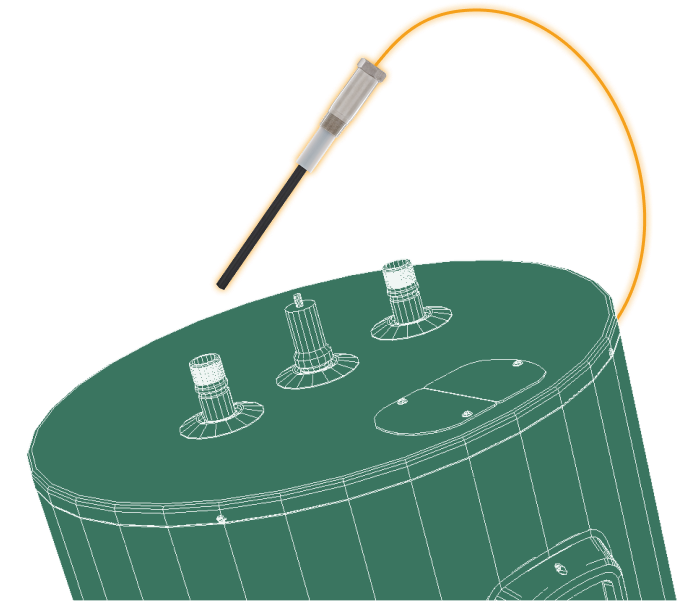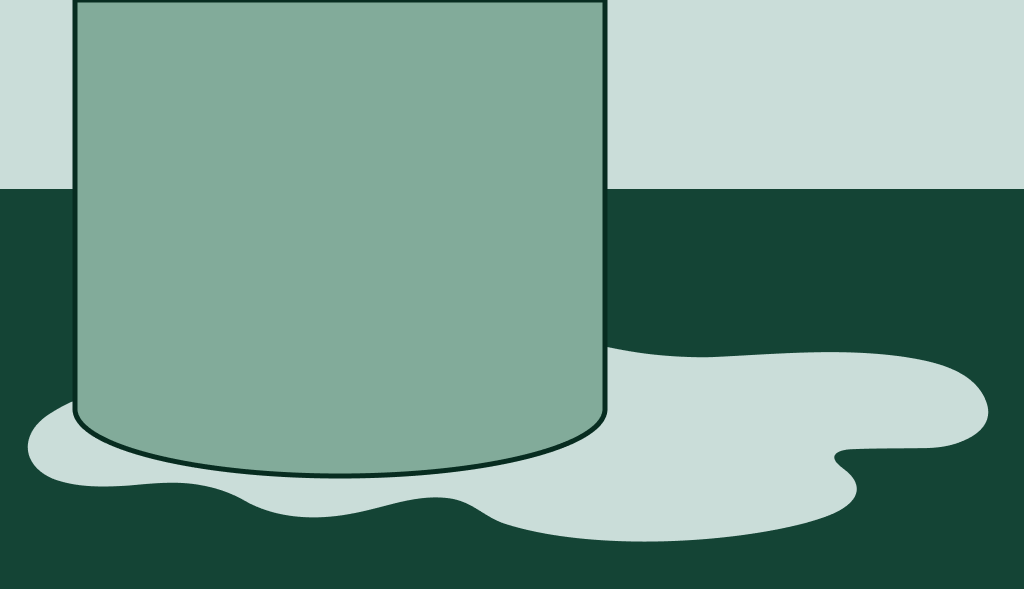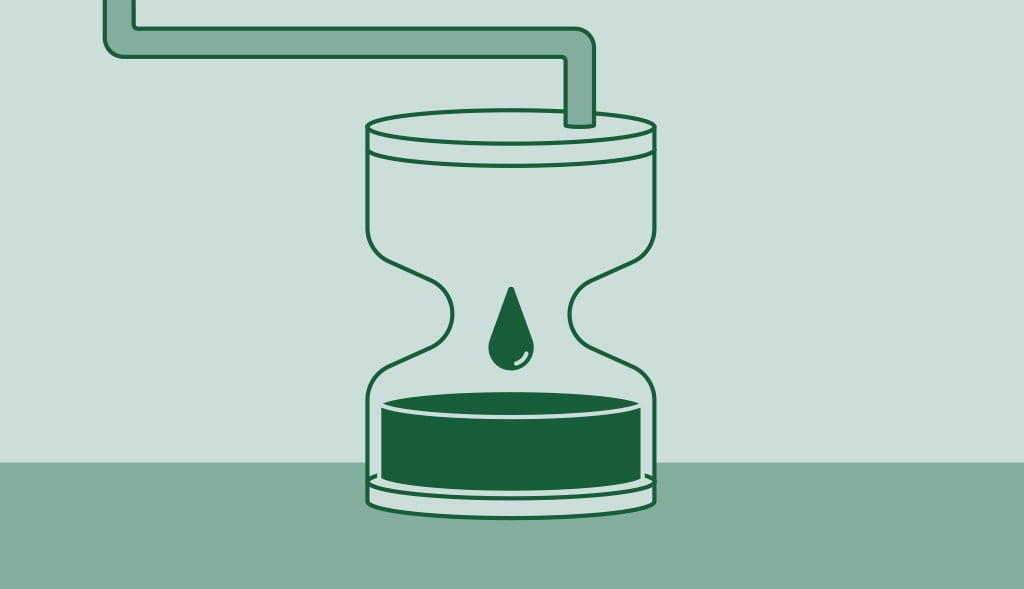Water Heater Corrosion

Corrosion can harm your water heater. It can cause many issues like leaks and even make the unit break down completely. The main cause of this problem is a type of chemical reaction. This reaction involves the metal of the water heater, the water itself, and the oxygen in the water. But don’t worry, Corro-Protec is the perfect solution to put a stop to and prevent water heater corrosion.
What Does Water Heater Corrosion Mean?
Corrosion, also known as rust, can happen when the metal of your water heater reacts with the oxygen in the water. This is more common in a hot water tank. The hot temperature speeds up these chemical reactions, causing more rust or corrosion.
Many water heaters have a thing called a sacrificial anode rod. This rod is made to rust so that the tank itself doesn’t rust. But these rods only help for a while. Over time, they also rust and can’t protect the tank anymore.
Moreover, sediment, or tiny pieces of dirt and debris, can build up in your water heater. This buildup can cause the water heater to overheat, which can damage the inner lining of your tank and make it more likely to rust.
Signs of corrosion in your water heater include water that is discolored, a strange smell coming from the hot water, and leaks around the tank. If you see these signs, you should check your water heater for rust or evaluate if it’s the time for a new water heater.





How Could I Prevent Water Heater Corrosion?
Corro-Protec offers a unique solution to water heater rust. Our powered anode rod is different from a sacrificial anode rod. It doesn’t wear away over time. Instead, it uses a small amount of electricity to stop the water from causing rust, effectively stopping the rusting process.
By using a Corro-Protec powered anode rod, you can make sure that your water heater tank is protected from rust for a long time. This small investment can prevent the need to replace your water heater due to damage from rust, saving you time, money, and trouble.
Corro-Protec can be used in all types of water heaters, including tankless water heaters, making it a good solution for all your water heater needs.
What Can Accelerate My Water Heater Corrosion?
High Water Temperature
High water temperature and pressure in your water heater can leads to corrosion happening faster. This is due to the fact that higher temperatures increase the speed of chemical reactions, including the one between water and the metal tank that leads to rust.
Furthermore, sediment or minerals from hard water can settle and build up at the bottom of the tank. If not regularly drained, this sediment buildup can insulate the water from the heating element, causing the heater to overheat and potentially accelerating corrosion.
Hard Water
Hard water is another factor that can hasten tank corrosion. Hard water contains high levels of minerals like calcium and magnesium. These minerals can cause scale buildup on the inside of the water heater tank.
The buildup of scale not only reduces the efficiency of the heater but can also cause hot spots on the tank’s inner surface where the metal can corrode more rapidly. Furthermore, these minerals can react with the sacrificial anode rod faster, shortening its effective life and leaving the tank unprotected sooner.
The Importance of Keeping Your Water Heater Clean
Water heater maintenance is important to prevent rust. Draining the tank regularly to remove sediment, checking the pressure valve, and changing the anode rod when needed are all key steps in stopping rust. However, these processes can take a lot of time and often need a professional water heater services.
Corro-Protec makes this easier! Our powered anode rod not only stops rust but also needs no upkeep or replacement, giving long-lasting protection for your water heater with less hassle.

Related Blog Post
Why Your Water Heater is Leaking and How to Fix It
In the US, water leaks in the average home waste 10,000 gallons per year. Worse, 10% of US households have plumbing issues so bad, they waste 32,850 […]
How Long Do Water Heaters Last? Much Shorter Than it Could!
How long do water heaters last is a very complex and difficult question to answer. We live in a society that increasingly understands the environmental […]


4.89/5 Basado en 403 reseñas